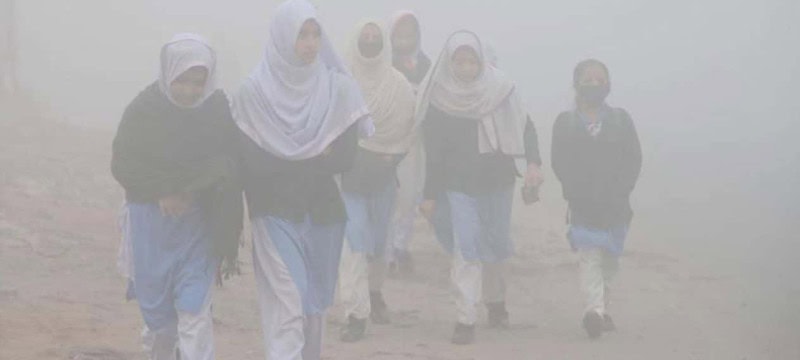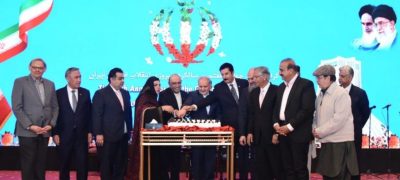The interim administration in Punjab, acting in response to the escalating smog crisis, has made the decision to temporarily shutter schools throughout the province. The announced closure will be effective from Thursday through Sunday, as approved by the caretaker cabinet, with the primary aim of safeguarding citizens from the detrimental impacts of the pollution.
Read more:Schools to Close in Lahore due to Emergency
the capital of Punjab province in Pakistan, has been grappling with a severe pollution problem in recent years, particularly during the winter months. The city has earned notoriety for its hazardous air quality, often reaching alarming levels. A combination of factors contributes to this crisis, including industrial emissions, vehicular pollution, crop residue burning in nearby regions, and atmospheric conditions that trap pollutants.
The consequences of Lahore’s pollution are far-reaching, with adverse effects on public health, the environment, and the economy. Residents frequently suffer from respiratory illnesses, and children are especially vulnerable. Additionally, the thick smog disrupts daily life, causes accidents on the roads, and limits outdoor activities.
Efforts to combat Lahore’s pollution include government initiatives to control industrial emissions, encourage cleaner transportation, and promote the use of air quality monitors. However, addressing this complex issue requires a sustained commitment to reduce pollution sources and improve air quality for the city’s residents.









